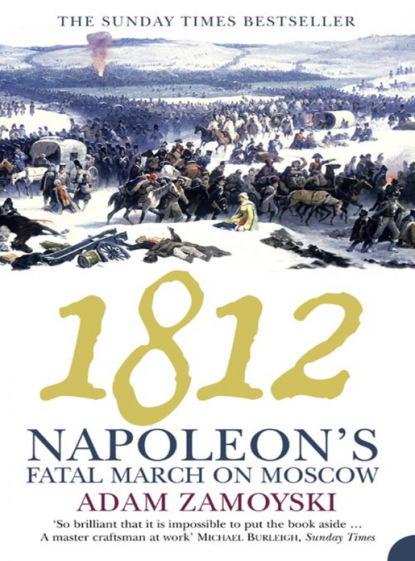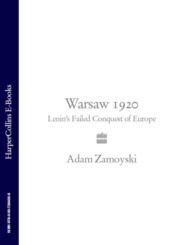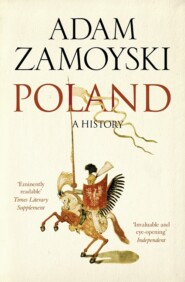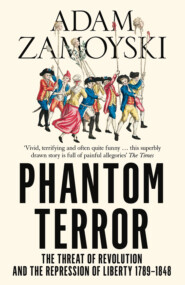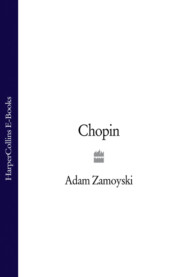По всем вопросам обращайтесь на: info@litportal.ru
(©) 2003-2025.
✖
1812: Napoleon’s Fatal March on Moscow
Настройки чтения
Размер шрифта
Высота строк
Поля
Amongst other things, Napoleon was working on a proclamation to be read out to his troops the following morning:
Soldiers! The Second Polish War has begun. The first ended at Friedland and Tilsit: at Tilsit Russia swore an eternal alliance with France and war on England. She is now violating her promises. She refuses to give an explanation of her strange behaviour unless the French eagles retire beyond the Rhine, thereby leaving our allies at her mercy. Russia is tempting fate! And she will meet her destiny. Does she think that we have become degenerate? Are we no longer the soldiers of Austerlitz? She has forced us into a choice between dishonour and war. There can be no question as to which we choose, so let us advance! Let us cross the Niemen! Let us take the war onto her territory. The Second Polish War will be glorious for French arms, as was the first; but the peace that we will conclude will be a lasting one, and will put an end to that arrogant influence which Russia has been exerting on the affairs of Europe over the past fifty years.35
The proclamation would be greeted with enthusiastic shouts of ‘Vive l’Empereur!’ when it was read out the following morning. Some were left cold, but according to Étienne Labaume, an officer on Prince Eugène’s staff who hated Napoleon, it ‘excited the ardour of our soldiers, always ready to listen to anything that flattered their courage’. ‘His words,’ affirmed Boulart, ‘acted mightily on the imagination of all and awakened all the ambitions.’ ‘It was so fine, that I almost had it by heart,’ recalled an eighteen-year-old military surgeon.
(#litres_trial_promo)
At six o’clock that evening, Napoleon mounted up and rode over to the riverbank once again. He spent the next six hours reconnoitring and then watching as, at ten o’clock, three companies of the 13th Light Infantry crossed the river silently in boats and fanned out on the other side, while General Jean-Baptiste Eblé and his men began putting in place three pontoon bridges. A patrol of Russian Hussars rode up to the infantrymen, and its officer challenged them with the regulation French ‘Qui vive?’ It was not a particularly dark night, but uniforms were hard to make out. ‘France!’ came the answer. ‘What are you doing here?’ the Russian shouted, again in French. ‘F—k,
(#litres_trial_promo) we’ll show you!’ they shouted back, letting off a volley of shots which scattered the Hussars.
Napoleon was annoyed by the sound of musketry, as he had hoped to keep the Russians in ignorance of his movements for as long as possible. He rode back to his tent to snatch a couple of hours’ sleep, but at three o’clock in the morning he was back in the saddle, riding a horse named ‘Friedland’ after his last victory over the Russians. By dawn the three bridges were in place, and General Morand’s division, the first of Davout’s corps, was on the other side, ready to cover the crossing of Murat’s cavalry.
Napoleon took up his position on a knoll on which the sappers of the Guard had built him a small bower and a seat out of branches. From here he surveyed the scene, sometimes using the telescope which he held in his right hand, while his left was folded behind his back. There was no trace of the previous day’s preoccupation, and he seemed happy, occasionally humming military marches to himself as he looked down on what one witness termed ‘the most extraordinary, the most grandiose, the most imposing spectacle one could imagine, a sight capable of intoxicating a conqueror’.
(#litres_trial_promo)
‘The army was in full dress, and from the top of the hill on which the Emperor stood, one could see it file across the three bridges on the Niemen in perfect order,’ recalled Nicolas Louis Planat de la Faye, an aide-de-camp standing close by. The units marched up, one after the other, converging from different directions, on the heights that dominated the left bank of the Niemen. They then descended to cross one of the three bridges over the river, and deployed on the flat right bank. ‘Each regiment marched behind its band, which played fanfares that mingled with cries of “Vive l’Empereur.
Вы ознакомились с фрагментом книги.
Приобретайте полный текст книги у нашего партнера:
Приобретайте полный текст книги у нашего партнера:





